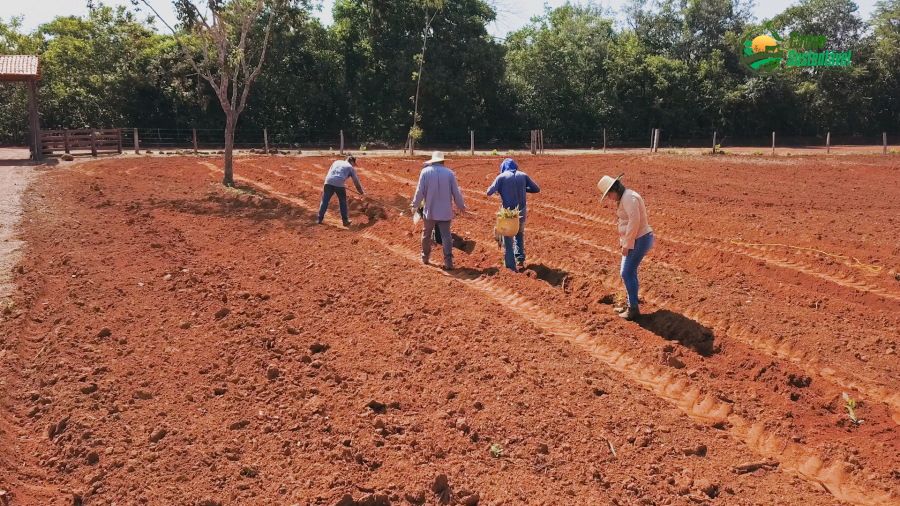
Campo Sustentável lança guia com resultados positivos em fazendas no Tocantins
The guide shows the results of a mapping process done on 105 properties in 14 municipalities
By Idesam
Translated by Felipe Sá
Photo: Disclosure
In harmony with the goals of the United Nations Development Programme (UNDP), the state of Tocantins has sought strategies capable of uniting sustainable rural production with forest conservation. In partnership with Idesam, the state has encouraged the implementation of Crop-Livestock-Forestry Integration (ILPF, in Portuguese) systems in farms mapped through the Campo Sustentável (Sustainable Field, in English) Program. The initiative has already registered several benefits, such as faster weight gain of cattle and an extra income generation with the silage and grain production market.
These and other results can be found in the Guide of Experiences with Crop-Livestock-Forestry Integration Systems in the state of Tocantins (available in Portuguese here), produced by Idesam and that brings results of the work in the properties that use this model. The guide shows the summarized results of a mapping process that was done in 105 properties in the state, distributed in 14 municipalities.
“The ILPF model allows the linking of livestock production with crops and forest management species, through practices that enable the restoration of degraded pastures and increased productivity for small and medium producers. In addition to the weight gain of cattle during the dry season, with the model it is possible to perceive other benefits, such as reduced expenses with the purchase of feed and cuttings and a new extra income with the sale of eucalyptus”, highlights Idesam’s Climate Change and Environmental Services Manager, Pedro Soares.
Between 2019 and 2020, the Campo Sustentável Program conducted the implementation and monitoring of 72.5 hectares of ILPF systems in three rural properties in Tocantins, in addition to the construction and improvement of seedling nurseries for family agricultural schools in the state.
Aline Kehrle, owner of Fazenda Guará, one of the locations chosen to receive the ILPF model, stresses that “the trees are still growing”, but that she hopes to see the results in a few years, both for the sale of the chestnuts and for the ecosystem. “Apart from the benefits directly linked to productivity, it is also worth remembering the good that this work provides to our state of mind, after all, transforming a degraded area into productive using cutting-edge techniques, motivates us a lot”, she said.
The Campo Sustentável Program is coordinated by the Secretariat of Environment and Water Resources (SEMARH) of Tocantins, in partnership with Idesam, EMBRAPA (the Brazilian Agricultural Research Corporation), the Governors’ Climate and Forests Task Force (GCF-TF) and the United Nations Development Programme (UNDP).
Thaiana Brunes, program coordinator at SEMARH, highlights the importance of the Program’s performance within these environments. “These students will leave school with another vision of the environment and will take this learning to their families and work places, mainly because most of them are farmers. The project played a fundamental role in this social part and was able to attend a significant number of students”, she pointed out.
The activities started to be developed in 2018 at Guará Farm, located in the rural area of Aliança do Tocantins municipality, and later served the Laço de Ouro and Dois Irmãos Farms, located respectively in the municipalities of Almas and Pium. The agricultural schools in the municipalities of São Salvador, Colinas, Esperantina, Porto Nacional and Arraias were also supported by the project.

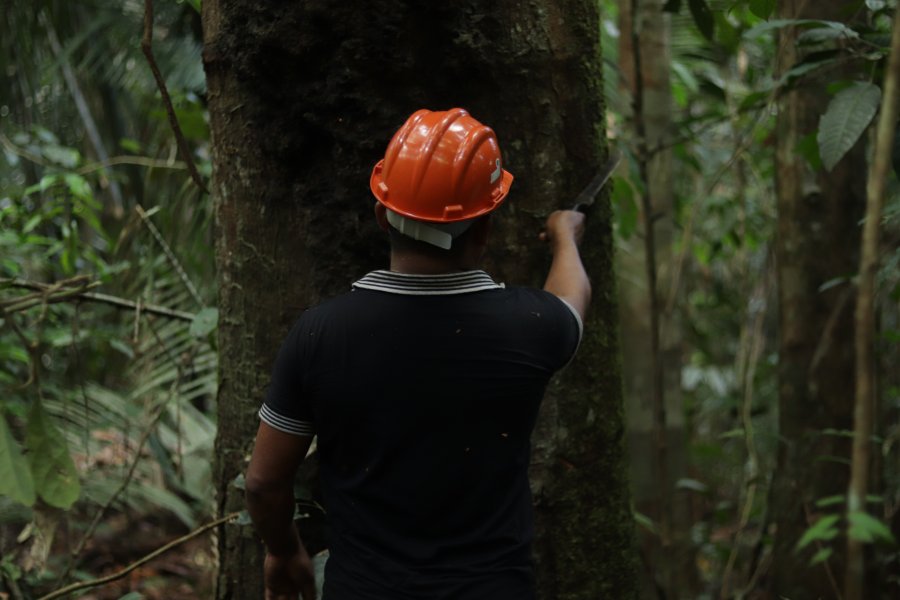
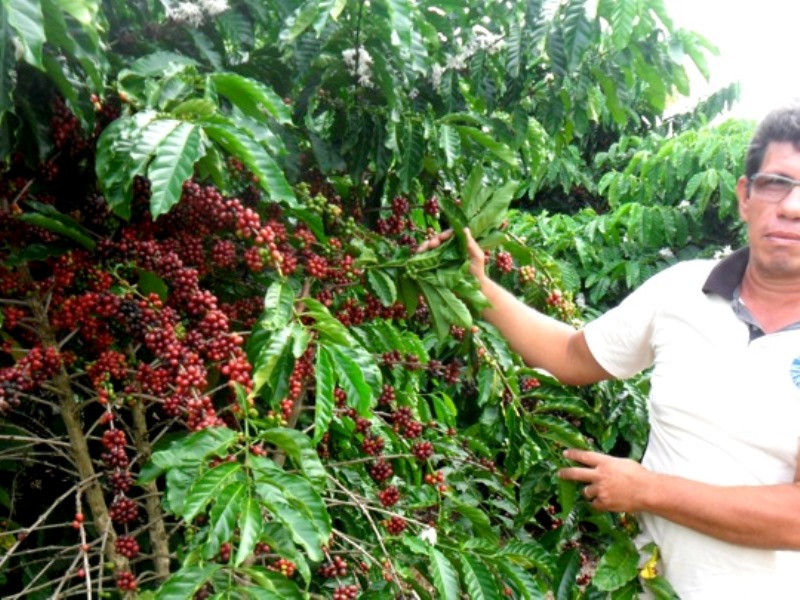
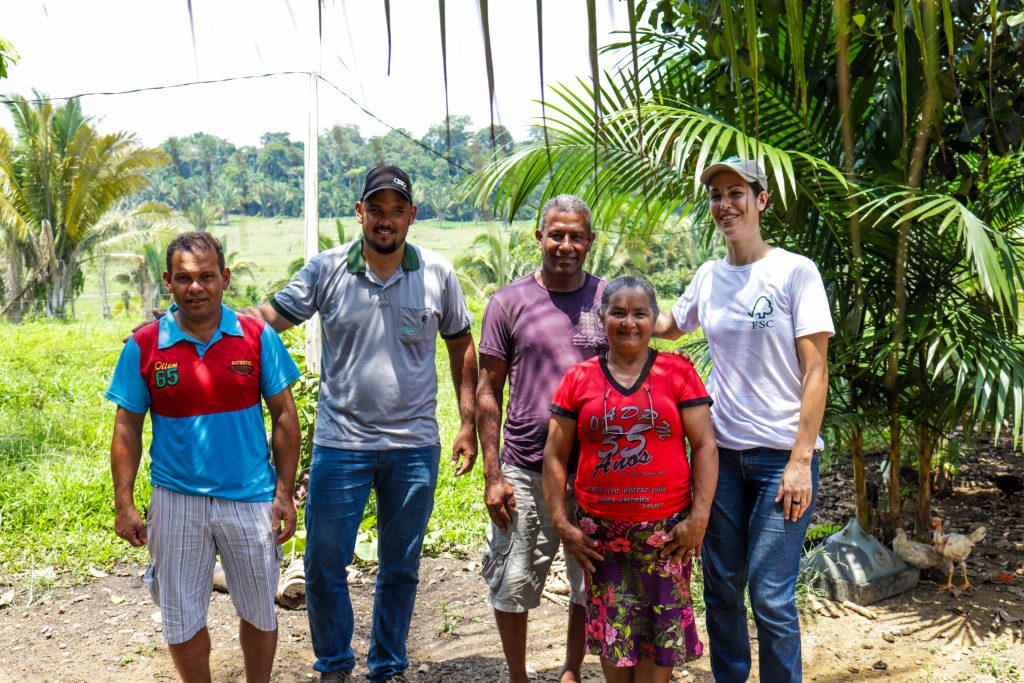
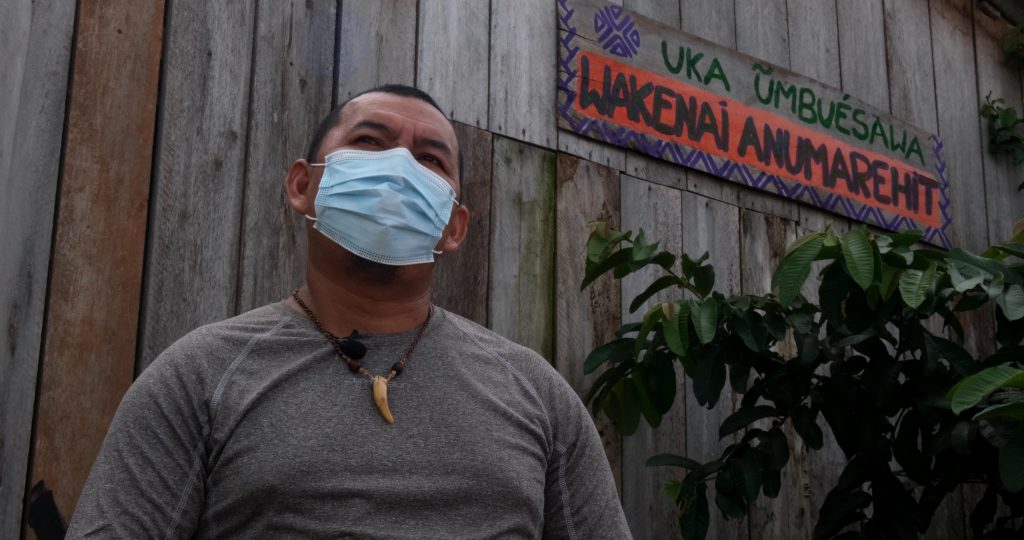
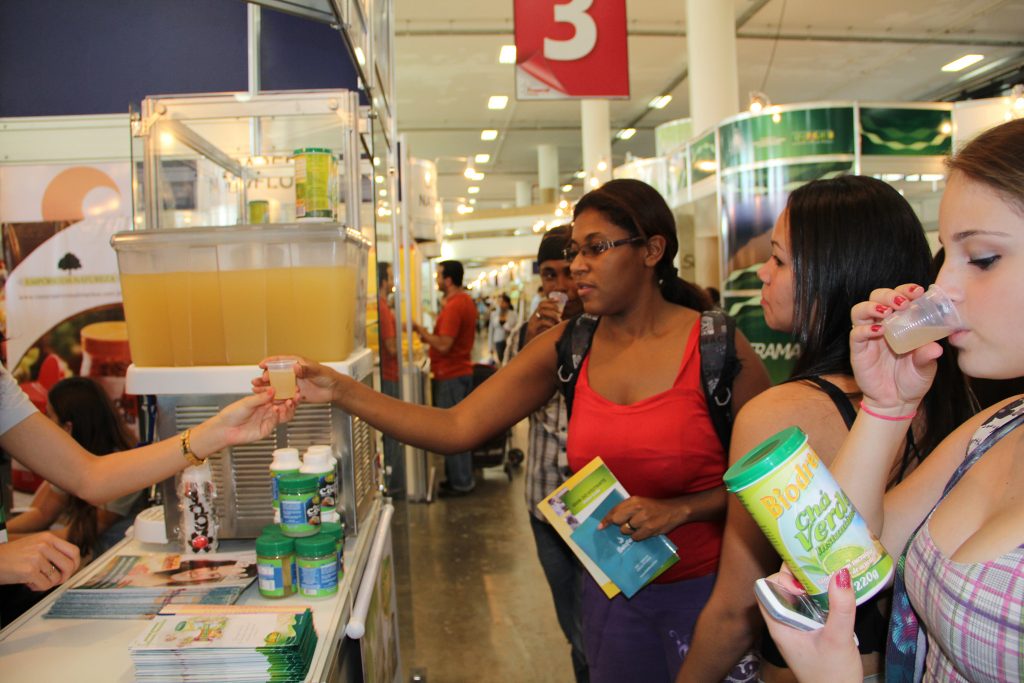
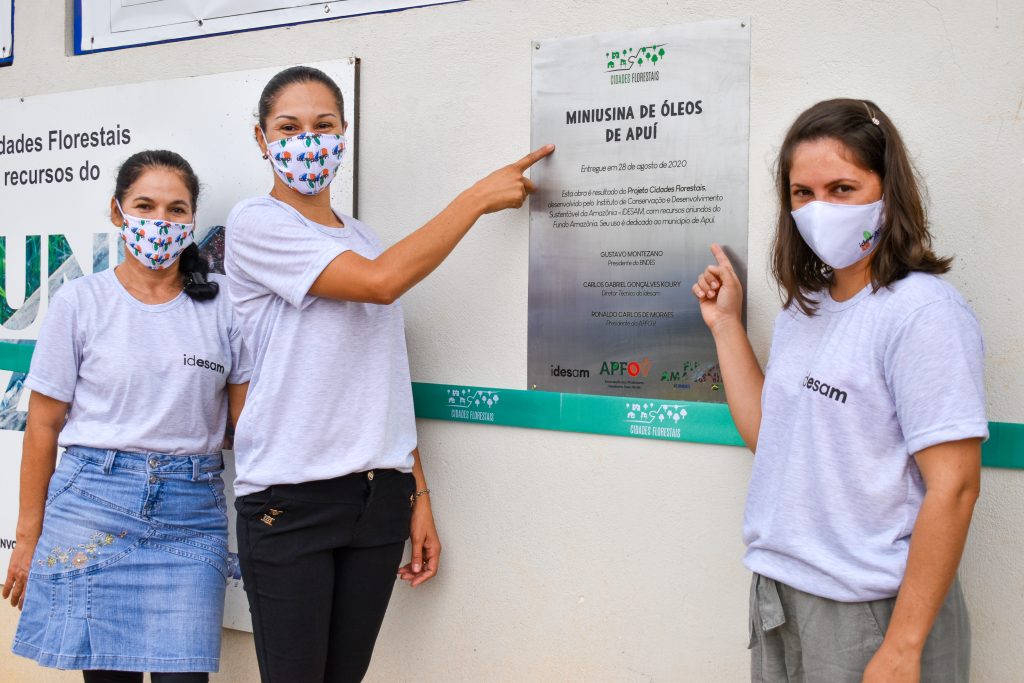
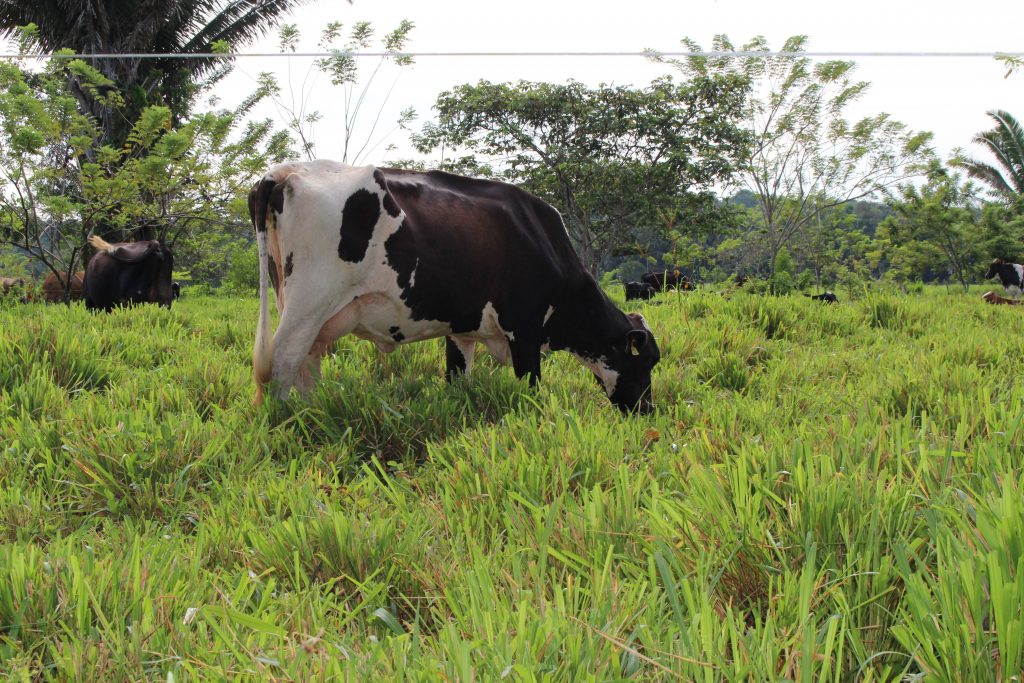
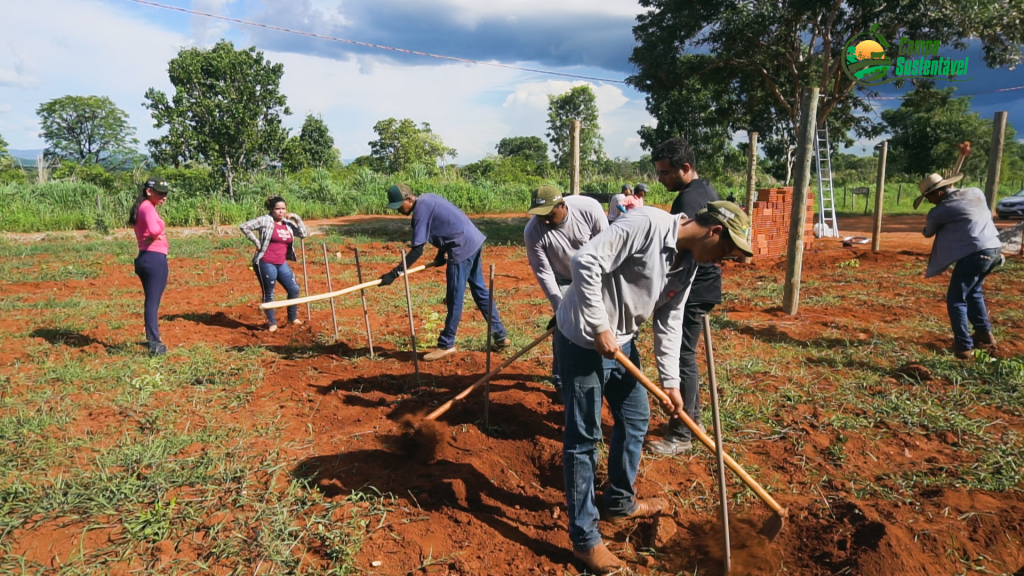
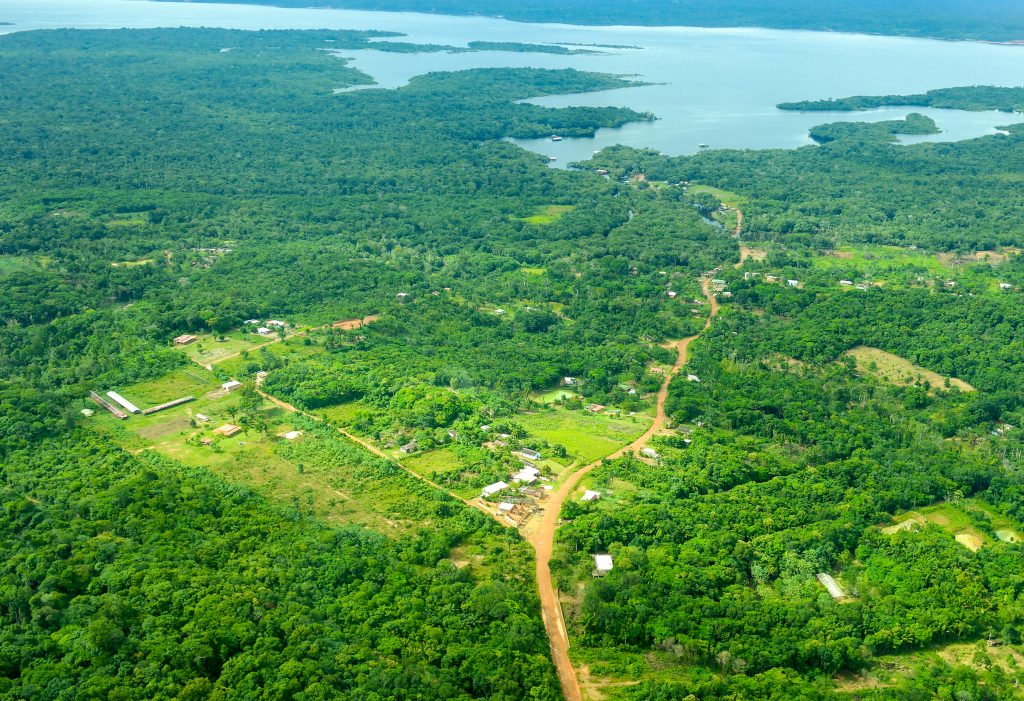

Leave a Reply